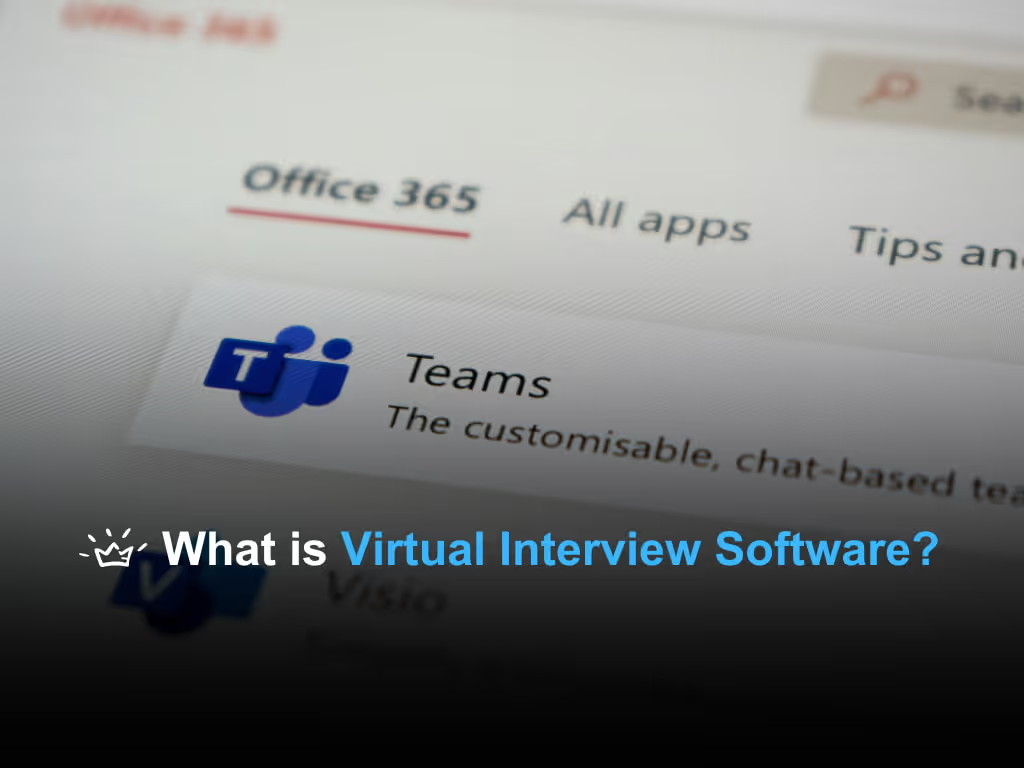The Pros and Cons of Virtual Interview Platforms: What You Need to Know Before You Adopt
Virtual interview software allows organizations to assess candidates remotely through a few different methods. This can include live video calls (like Zoom), pre-recorded responses where candidates answer at their convenience (like HireVue), or AI interviews that adapt in real-time (Hello, HeyMilo).

Virtual interview software allows organizations to assess candidates remotely through a few different methods. This can include live video calls (like Zoom), pre-recorded responses where candidates answer at their convenience (like HireVue), or AI interviews that adapt in real-time (Hello, HeyMilo).
In modern hiring workflows, platforms like Zoom, Google Meet, and Teams are basically our conference rooms. So much so, that 90% of recruiters now prefer using online interviews.
If you’ve spent any time hiring lately, you know virtual interview platforms are everywhere.
Let’s look at the good, the bad and what’s next together.
What is Virtual Interview Software?
Virtual interview software allows organizations to assess candidates remotely through a few different methods. This can include live video calls (like Zoom), one way interviews to collect pre-recorded responses that candidates take at their convenience (like HireVue), or AI interviews. Learn more about HeyMilo’s AI-powered interviews that adapt in real time.
Why Virtual Interviews Are Worth the Hype
Time is our most valuable resource. All the hours taken back just by cutting commutes, it’s enough to make us debate the need to go in person at all. Plus given it’s nature, you get access to skilled candidates in places that you aren’t. While those may be the biggest pros for many agency recruiters, it’s also a supporting character when screening candidates who aren’t qualified.
Yes, when it comes to interviews, we utilize an active proctoring layer, an AI-classifier, and more to detect cheating. We provide a trust score that indicates the likelihood of cheating.
Candidates are appreciating the ability to go beyond their resume and interview in a more interactive/adaptive manner compared to one way video interview software. We also have an average candidate satisfaction score of 4.6/5 - which highlights HeyMilo's conversational AI.
Questions can be configured with an objective evaluation criteria - so candidates are evaluated the way your recruiting team currently evaluates candidates.We additionally run 3rd party bias audit checks so with HeyMilo, you're leveraging ethical AI.





.webp)
%20(1).png)
.png)

%20(1).png)